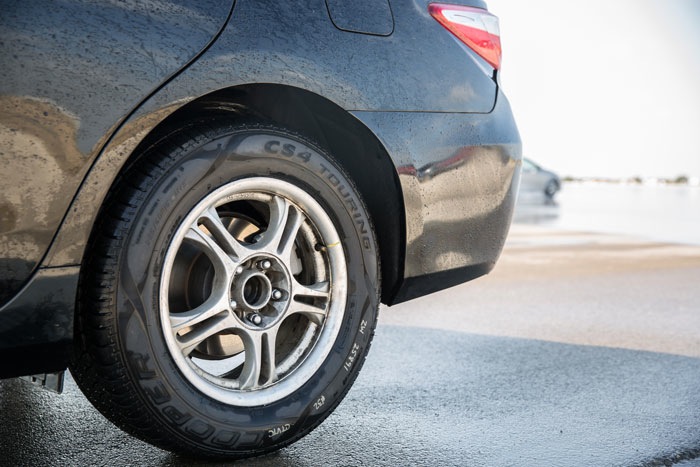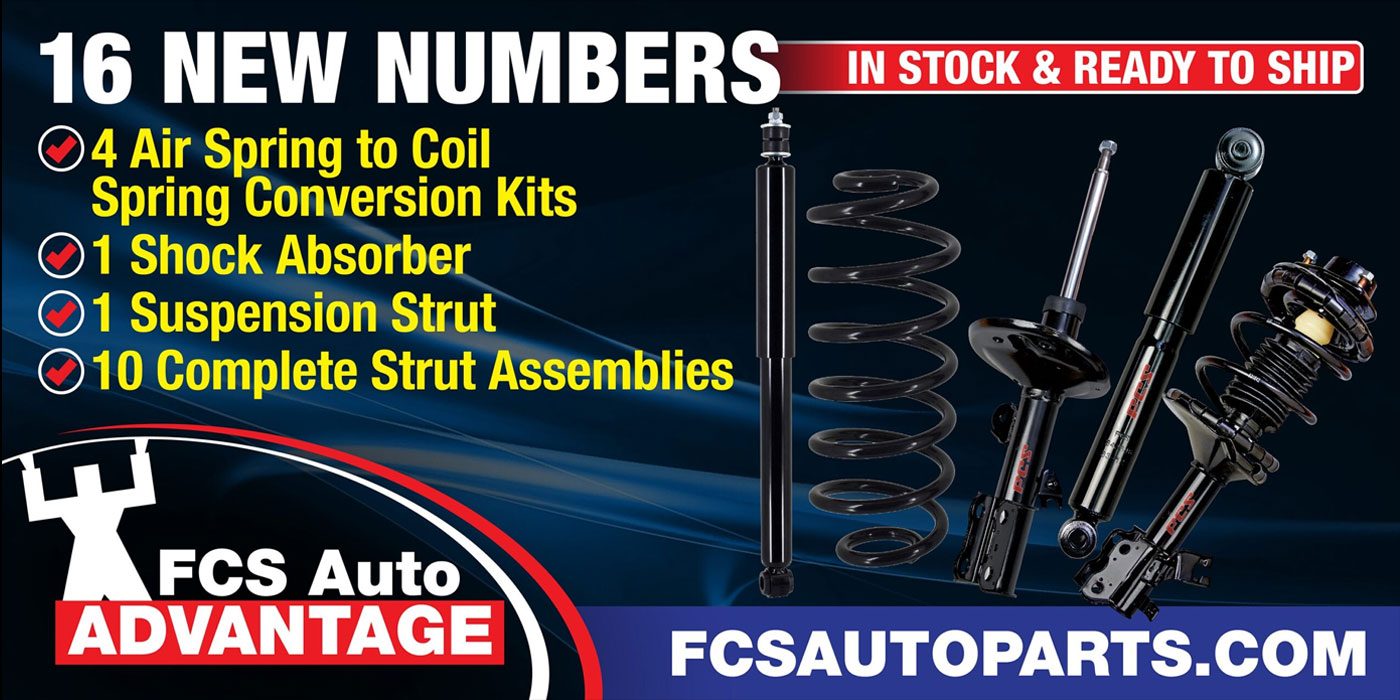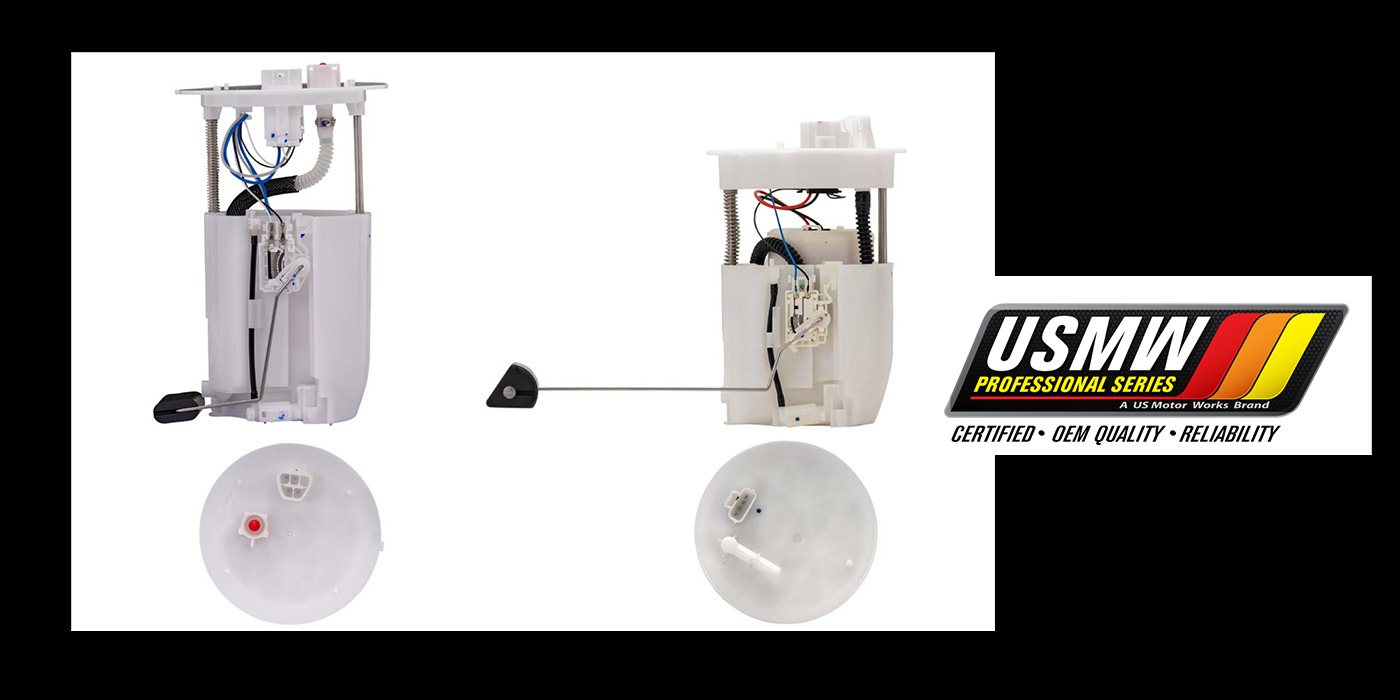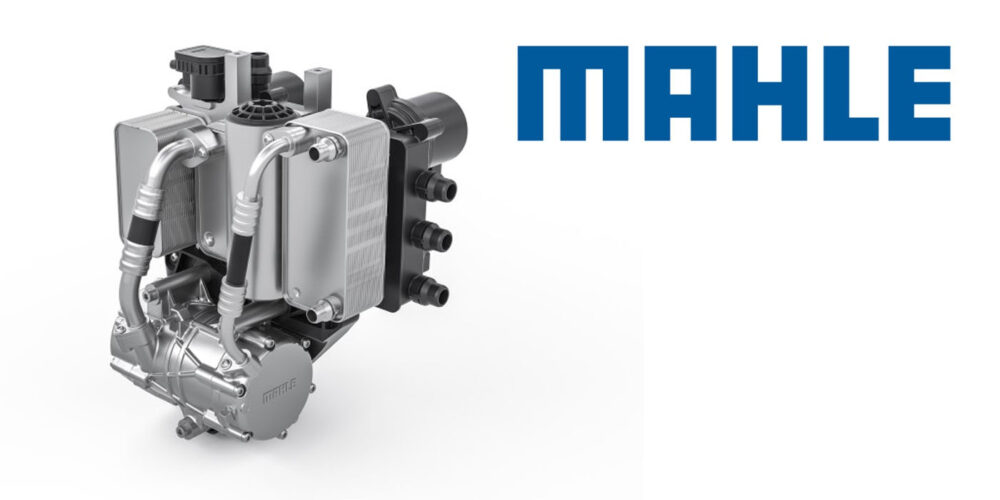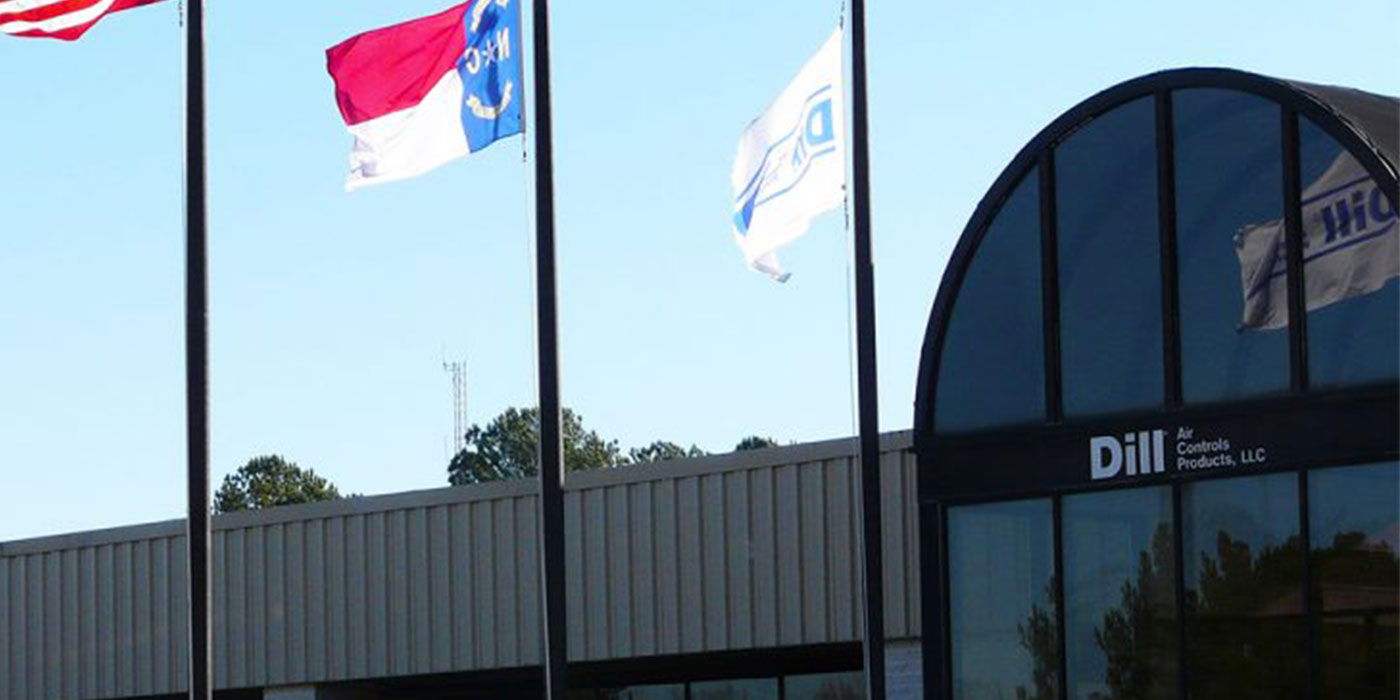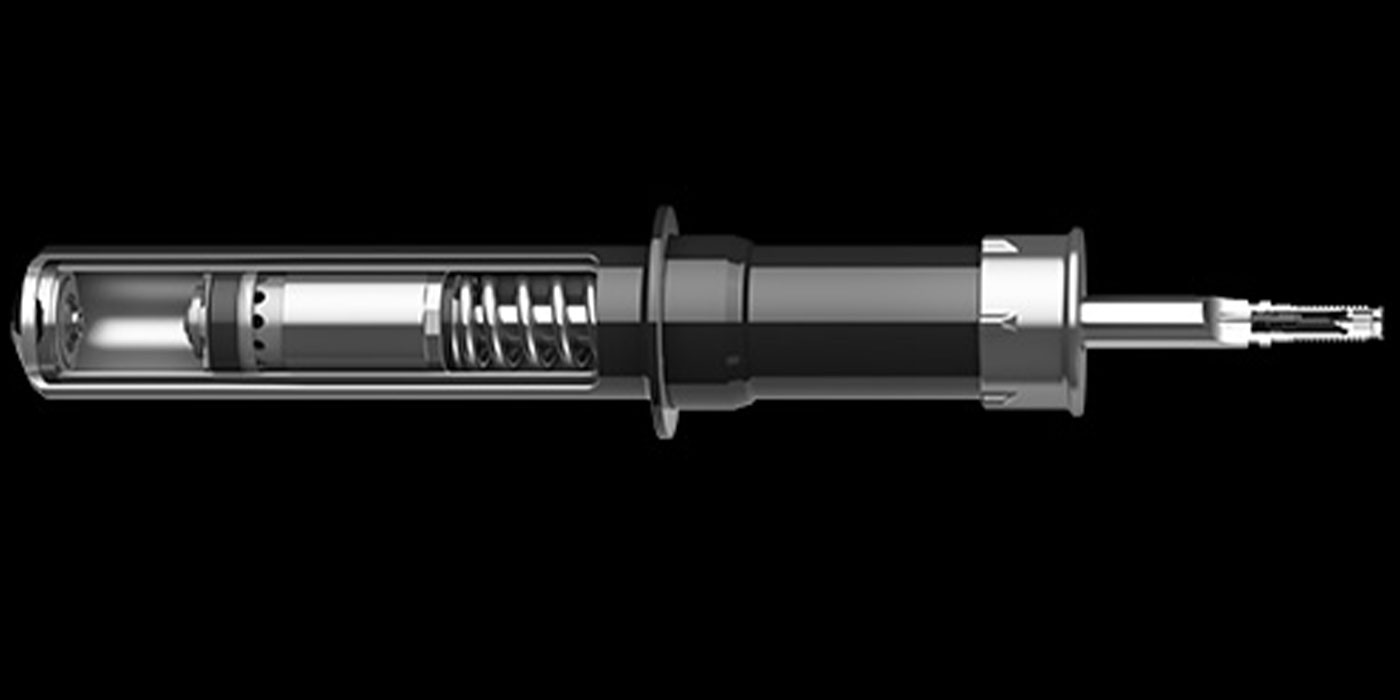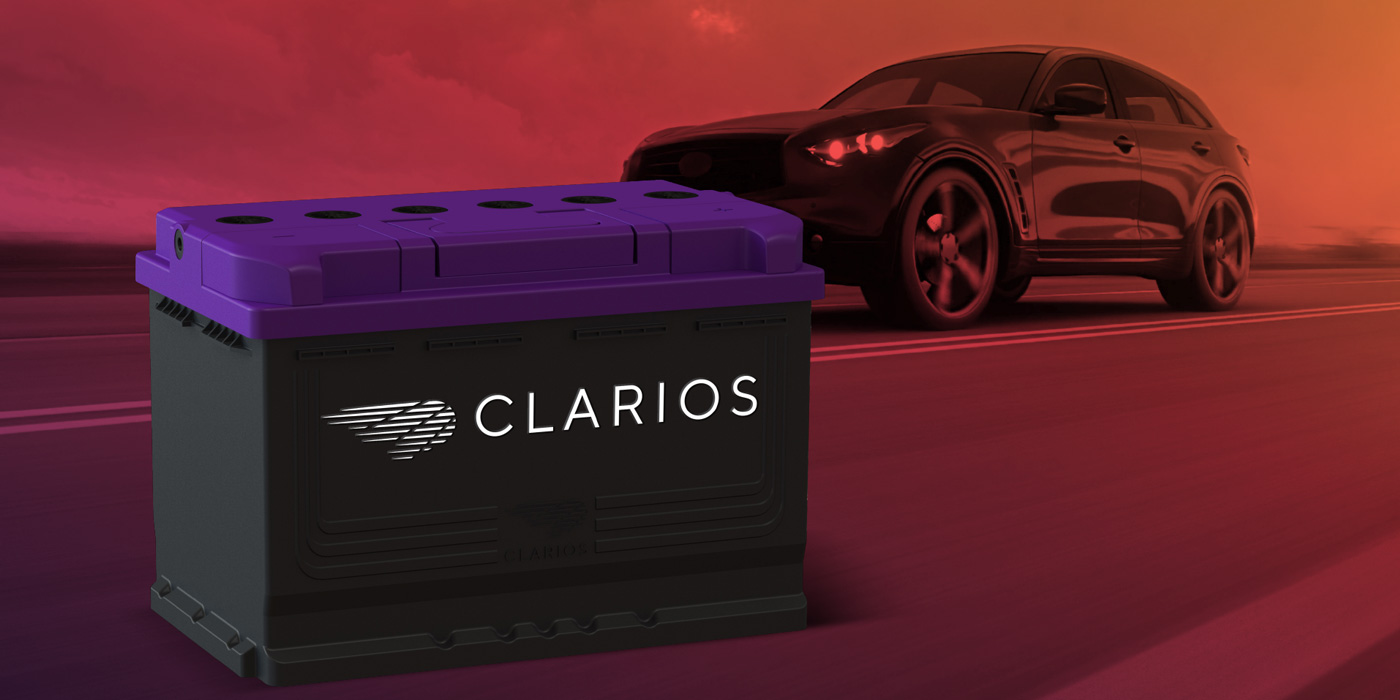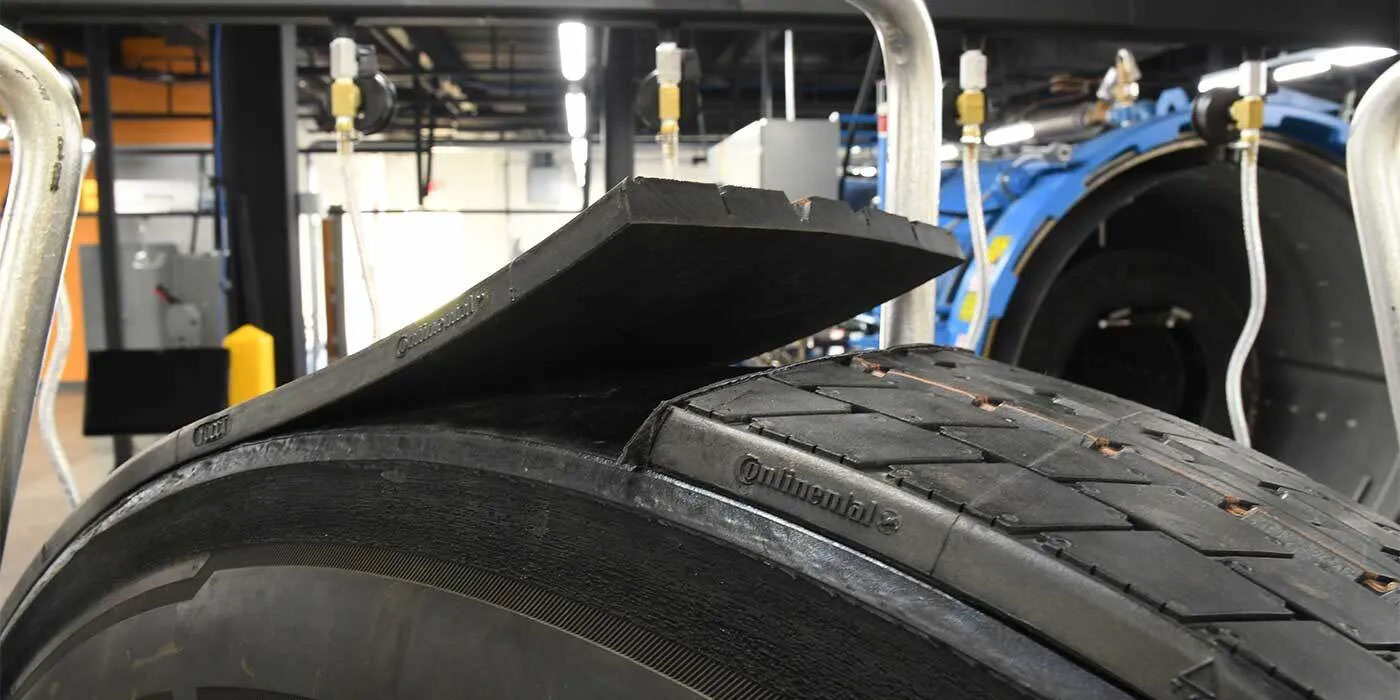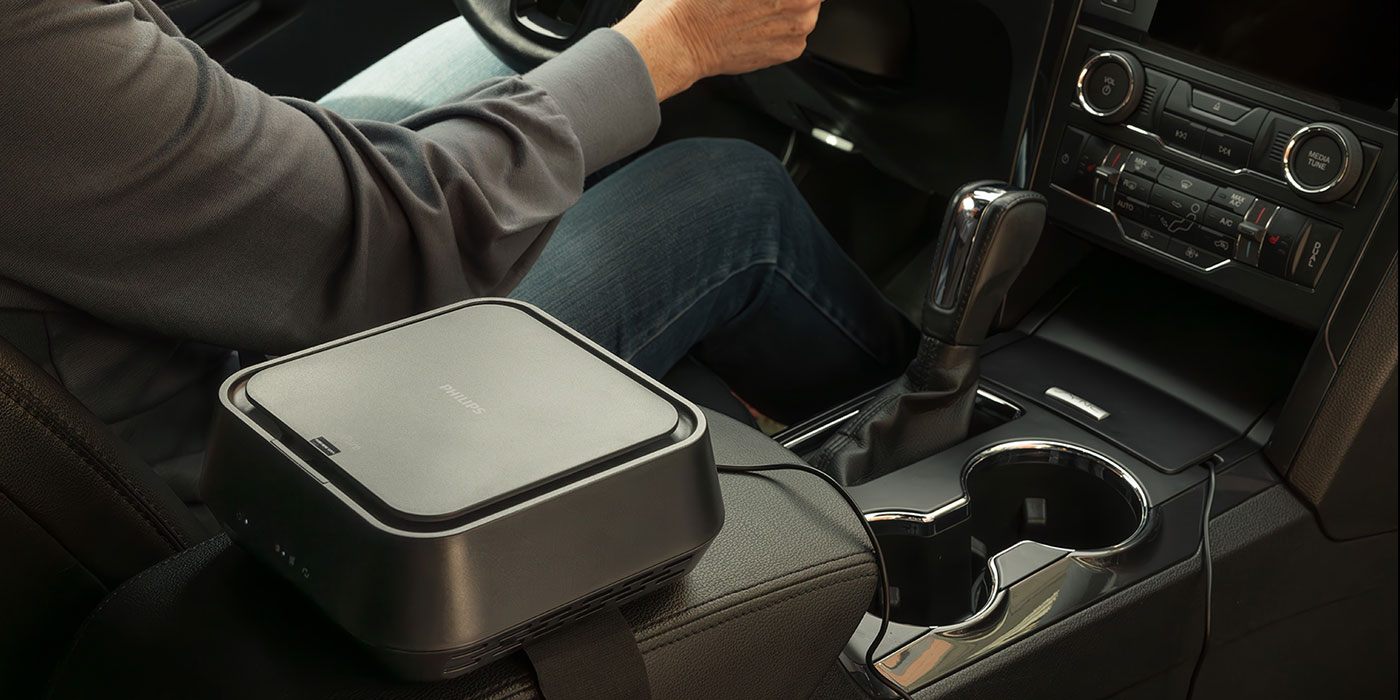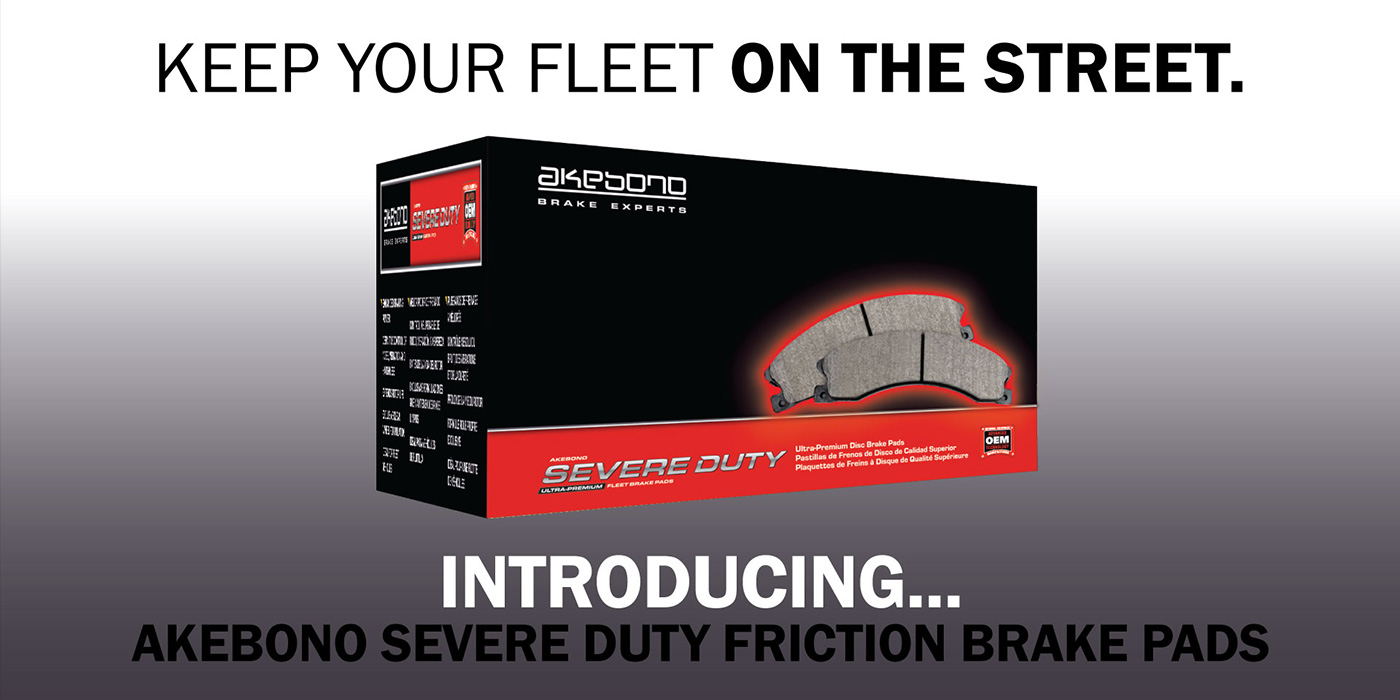By Carley Hull
From Tire Review
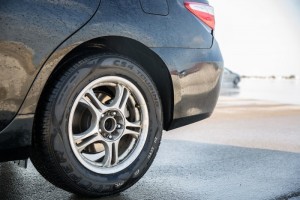 Tire & Rubber Co. is getting closer to creating a marketable guayule (why-yoo-lee) tire as the company is in both advanced and complete stages of compounding work to create a tire made 100 percent of guayule tire components.
Tire & Rubber Co. is getting closer to creating a marketable guayule (why-yoo-lee) tire as the company is in both advanced and complete stages of compounding work to create a tire made 100 percent of guayule tire components.
Cooper held its annual meeting with Biomass Research and Development Initiative grant members Aug. 18-19, to discuss progress and tested Cooper CS4 tires built with multiple components made completely out of rubber from guayule, a desert shrub that can be grown in the U.S.
Howard Colvin, a senior research scientist at Cooper, said the company has already created three tire builds with multiple components made of 100 percent guayule natural rubber. In early 2017, the company plans to release a concept tire made of 100 percent guayule components. At the annual meeting, Cooper and about 30 members of its consortium partners were able to test tires made with multiple guayule rubber components against hevea natural rubber tires on wet, off-road and dry tracks at the company’s Cooper Tire and Vehicle Test Center in Pearsall, Texas.
The company claims the tires ride no differently than hevea natural rubber tires, making the new source of natural rubber an equivalent competitor to the hevea natural rubber used today.
“What we’ve been able to show so far is that we have been able to build tires, develop compounds, we’ve been able to process those compounds in our tire factory, we’ve been able to test those tires with all guayule components and show that in many cases that performance is equivalent,” Colvin said.
Why guayule
Cooper’s tire testing comes after years of research funded by the $6.9 million Biomass Research and Development Initiative government grant to study guayule as an alternative rubber source and use other parts of the plant for energy.
Guayule is a desert scrub native to Mexico and the American southwest that has the capability to produce natural rubber, much like the natural rubber produced from the hevea plant used as the natural rubber source for today’s tires.
In 2012, the government grant put Cooper at the head of managing a guayule research initiative. After some shifts in partners, Cooper is now working with consortium partners including PanAridus LLC, Cornell University and Clemson University and the United States Department of Agriculture’s Agricultural Research Service.
Guayule natural rubber isn’t a new idea. The idea to create a new source of rubber from the plant dates back to the early 1900s when entrepreneurs invested $30 million in the plant and during WWII when the emergency rubber project targeted guayule as a new source of natural rubber.
But, with the recent price drop of rubber, the monopoly Asia has over hevea plantations and the need for more land to grow hevea, guayule has returned as a priority to create a new competitor through developing the plant from a genetic and agricultural level.
Genetic modification
“In two years we have gone from test tubes to tires,” said Mike Fraley, CEO of PanAridus LLC, a company that uses genetics and selective breeding to create guayule seeds that generate more rubber.
The company founded in 2010 has the world’s largest private collection of guayule germplasm and world’s largest patented varieties, with nine different guayule varieties. Through genetic testing and breeding methodology, the company has been able to create guayule seeds that will grow into a crop capable of yielding more rubber.
Respected USDA lines of guayule from the 70s are known to yield 1,000 pounds of rubber per acre, while two of the PanAridus patented varieties have already doubled that yield, Fraley said.
In order to understand guayule’s properties and how to manipulate the plant to create the rubber yield needed, the USDA’s Agricultural Research Service also has been studying the genetics of the plant. “One of the most remarkable things about the BRDI program is its breadth. We’ve literally started at plant DNA level. We’re studying molecular mechanisms, developing a rubber product and a tire product, and evaluating the impact of their use and on society and the environment,” said Colleen McMahan, lead scientist on domestic natural rubber efforts for USDA’s Agricultural Research Service.
By sequencing the guayule genome, McMahan said they hope to improve the crops’ rubber yield and resistance to disease, pests and climate.
Agriculture studies
Looking at how the plants develop on the farm is also a priority. By growing guayule out in the field researchers are gathering information on growing practices to maximize rubber yield such as direct seeding and irrigation.
The grant funded the ARS agricultural engineer Doug Hunsaker in Maricopa County, Arizona, to perform comprehensive study of guayule irrigation where he compared surface, or flood irrigation, to sub-surface drip irrigation from 2013 to 2015.
Although the study is in the process of publication, McMahan said they study found grams of rubber per plant improved as the amount of irrigation was increased and subsurface drip irrigation dramatically improved grams of rubber per plant with up to double the rubber per plant.
The study also found that increasing nitrogen fertilizer did not show an increase in grams of rubber, reinforcing earlier data that says fertilizer isn’t needed to successfully grow guayule.
From a successful crop, the guayule is then ground up and organic solvents are used to pull the natural rubber from the plant, Fraley said.
From there the 10 percent of rubber can go to producing tires, 10 percent of resin can go to creating fragrances and adhesives and the 80 percent bagasse, a woody material, can be used as an energy supply and even construction materials.
“So we have a 100 percent usable species here, and it all starts with the seed,” Fraley said.

